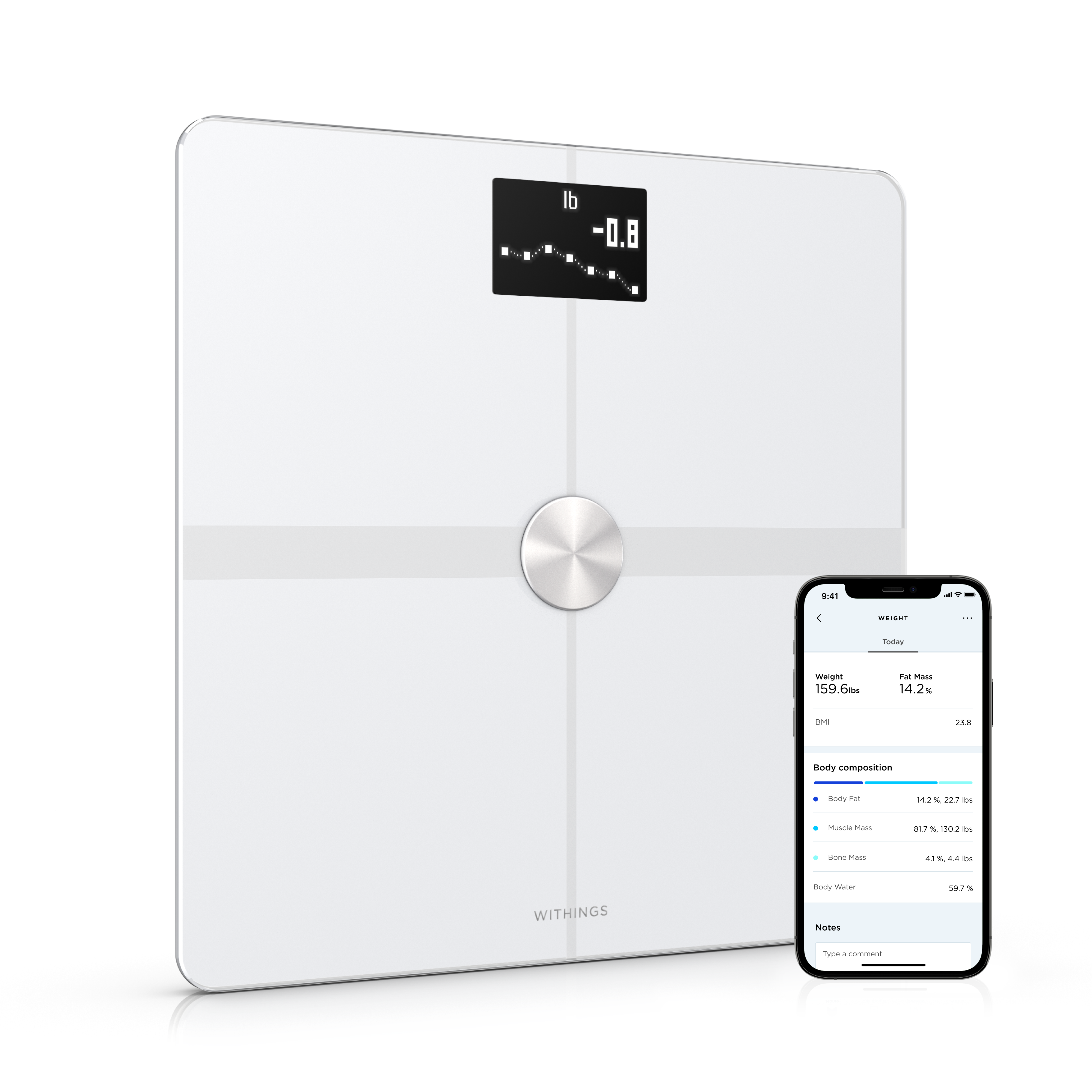
When it comes to dieting, how do you know if “cheat days” are helping or hurting your progress?
Rigid meal plans can be tough to stick with—especially for those of us who crave the occasional double-fudge brownie. That’s why some dieters try to satiate their cravings with occasional cheat days, when they can break the diet rules and eat whatever they want. But for some, a cheat day can turn into a calorie-fest that negate a week’s worth of hard work.
According to NYC-based nutritionist Lorraine Kearney, it’s important for dieters—especially those just getting started—to have a cheat meal once a week. “I believe a cheat meal (it should not be a whole day) is imperative when a person begins to change their diet,” she explains. “They know that when they get to their cheat meal, they have worked hard for it and can feel proud of themselves.” She believes that cutting out cheat meals may force the dieter into an “all or nothing mentality,” or the belief that anything other than perfection is failure. This can result in someone ditching their diet completely if they eat something off-plan, rather than accepting the small error and moving on. In the end, Kearney finds that it is healthiest to “find a balance between all foods” and to learn how to eat mindfully, not mindlessly.
On the other hand, for Robert S. Herbst, personal trainer, powerlifting champion, and supervisor of drug testing at the 2016 Rio Olympics, cheat days are a no-go. “The people I advise don’t have cheat days,” he states. “I tell them that on a cheat day, they are only cheating themselves.” But even without cheat days, Herbst emphasizes the advantage of moderation over deprivation when dieting: “I have (advisees) on a weight training regimen, which keeps their metabolism elevated so that if they eat a sensible diet of quality protein, good fat and complex carbohydrates, they can eat some fun foods in moderation. For example, I have a few chocolate chip cookies every night.” Herbst reasons that by allowing room for treats in a diet, the experience is not as severe, and the dieter does not feel deprived enough to build up unhealthy cravings. Instead, they can continue to “live a normal life and have pizza at a Super Bowl party or go out for Chinese.” The only stipulation? They have to stick with their gym routine!
But while cheat days can cause some dieters to consume a slight excess of calories and junk food, they can be a downright disaster for others spiraling them into a binge-eating nightmare. The idea of cheat days don’t fly with airman Michael Daggett, a podcaster who inspires people with his weight loss success story. To Daggett, cheat days are not only unnecessary but unhelpful. He emphasizes that “when it comes to making the lifestyle adjustments needed to be successful with your health and wellness goals, a scheduled or systematic cheat day simply keeps your bad habits on life support. As long as you have the willpower, you can keep them at bay—but the moment the willpower fades, so does the desire to make the change. To change the habits that lead you to where you no longer want to be, you have to start by removing the habitual cheat day from your plan.” For those like Michael, it may be more beneficial to keep your diet as consistent as possible from day to day.
Ultimately, incorporating a cheat day into a diet is completely dependent on the dieter. Darla Leal, fitness trainer, coach, and writer for Lyssa Weiss, points out that “cheat meals aren’t for everyone.” In her post she explains that when deciding whether or not to schedule cheat days, several factors should be considered: “People struggling with an emotional eating disorder may be triggered toward an unhealthy binge scenario. In this case, indulgence may not be the best option.” Additionally, she notes that “those new to adopting a healthy lifestyle may not know how to moderate a cheat meal. This could lead to a downward spiral and several days of splurging.” However, those who are able to moderate their cheat days in a positive way may have the advantage of keeping leptin levels and metabolism from dropping due to decreased caloric intake, which can prevent the dreaded diet plateau.
The bottom line: while cheat days can be advantageous to some both physically and mentally, they may also lead to excessive overconsumption or binging that can negate or significantly slow down progress, or lead to an unhealthy relationship with food. If you’re embarking on a weight loss journey or diet, take a moment to consider whether a cheat day is right for you. If having a cheat meal each week helps you stay motivated and avoid feeling deprived, then go for it! But if you’re worried it may lead to binging or prevent a healthy lifestyle change, you may want to forego a cheat day and try incorporating small treats into your plan throughout the week instead.



